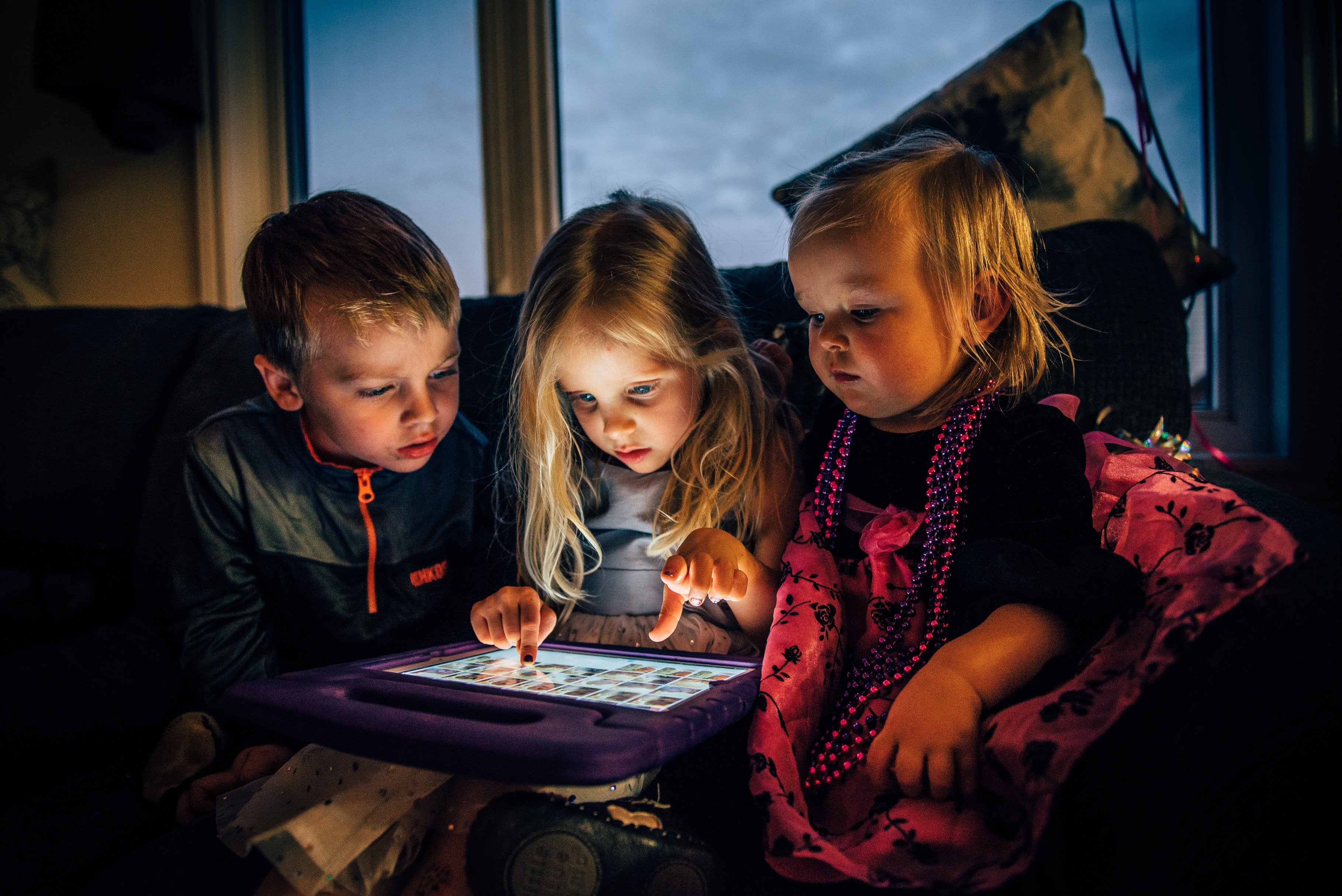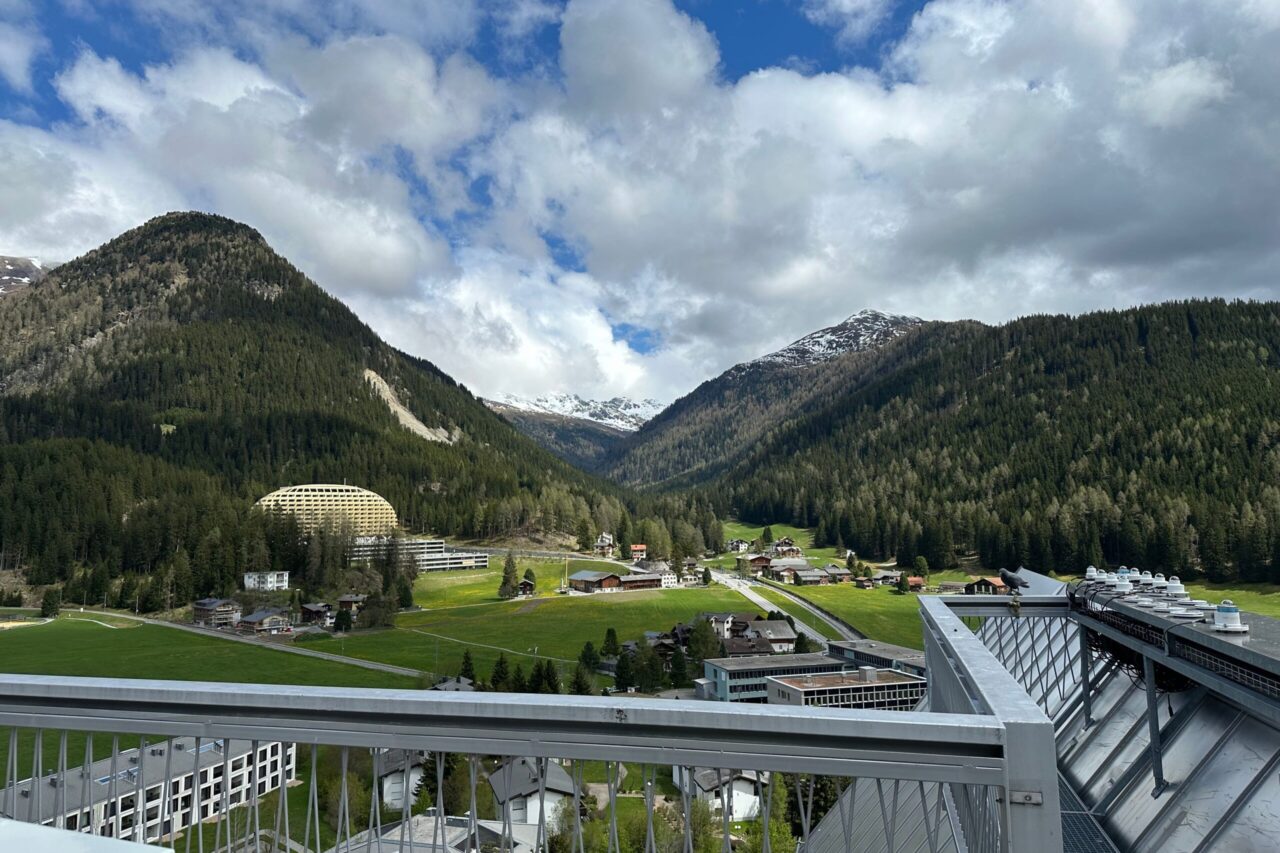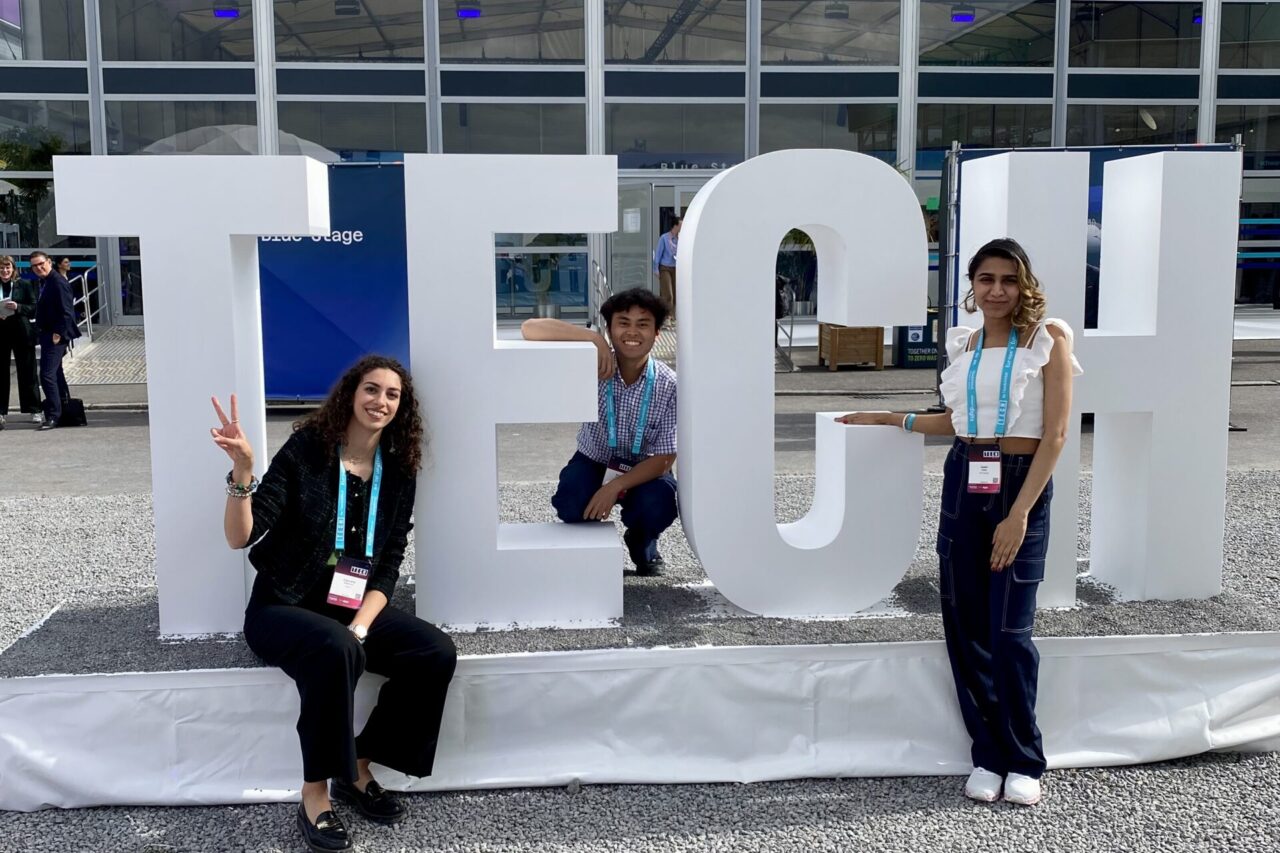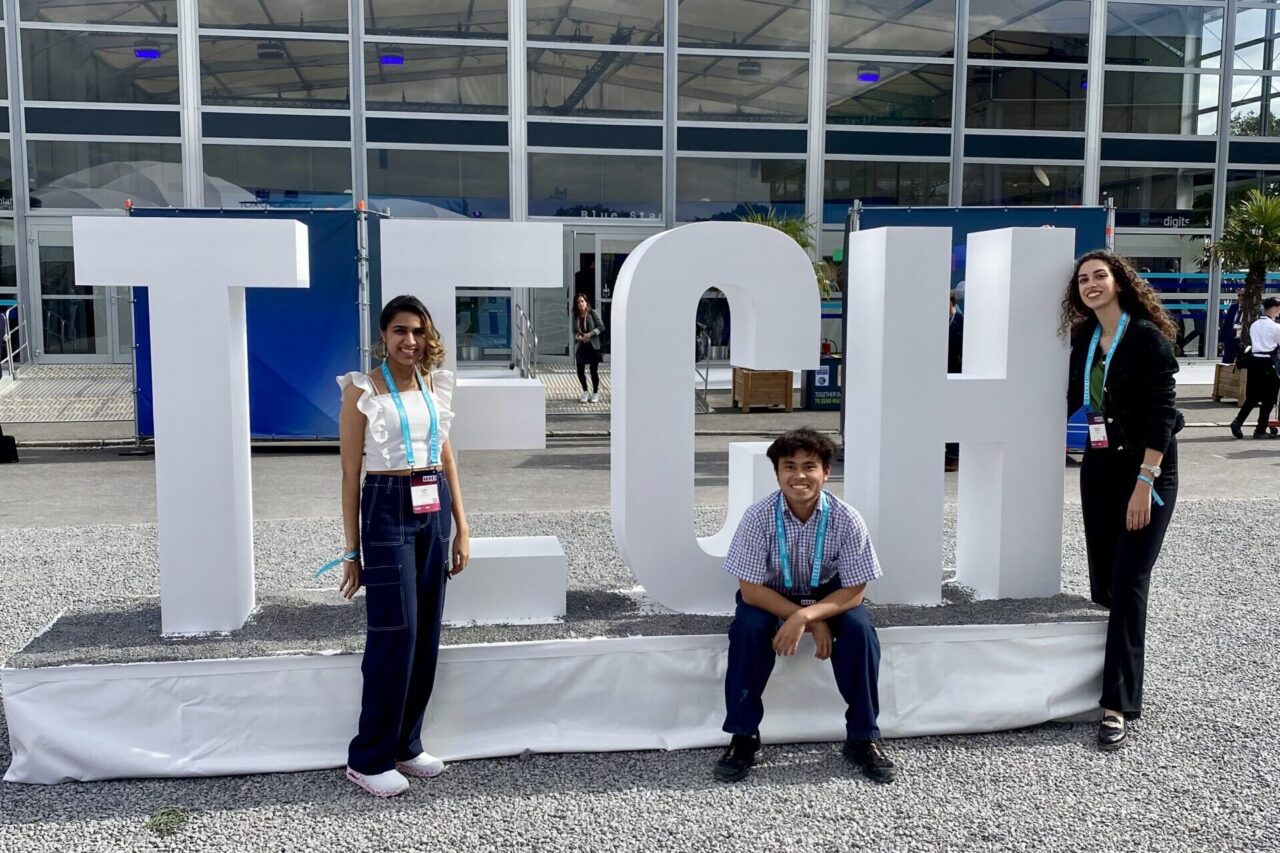In an era of limitless streaming content, parents rightly worry that screentime is turning children into passive consumers. But screens could actually be used to make children more creative, as work from ETH Zurich demonstrates.
Barely a month goes by without a warning of the effects of screen time on children. But not all screentime seems to be equal. What if the benefits of screens, and their bewitching effect on young people, could be used to enhance traditional creativity? That's the problem that Dr Robert Sumner has been working on with his team at the ETH Zurich Game Technology Center.
They are looking at the potential to create new types of play using augmented reality, which uses the camera and screen of a mobile device to create the illusion of digital objects existing in the physical world.
Barely a month goes by without a warning of the effects of screen time on children. But not all screentime seems to be equal. What if the benefits of screens, and their bewitching effect on young people, could be used to enhance traditional creativity? That's the problem that Dr Robert Sumner has been working on with his team at the ETH Zurich Game Technology Center.
They are looking at the potential to create new types of play using augmented reality, which uses the camera and screen of a mobile device to create the illusion of digital objects existing in the physical world.






